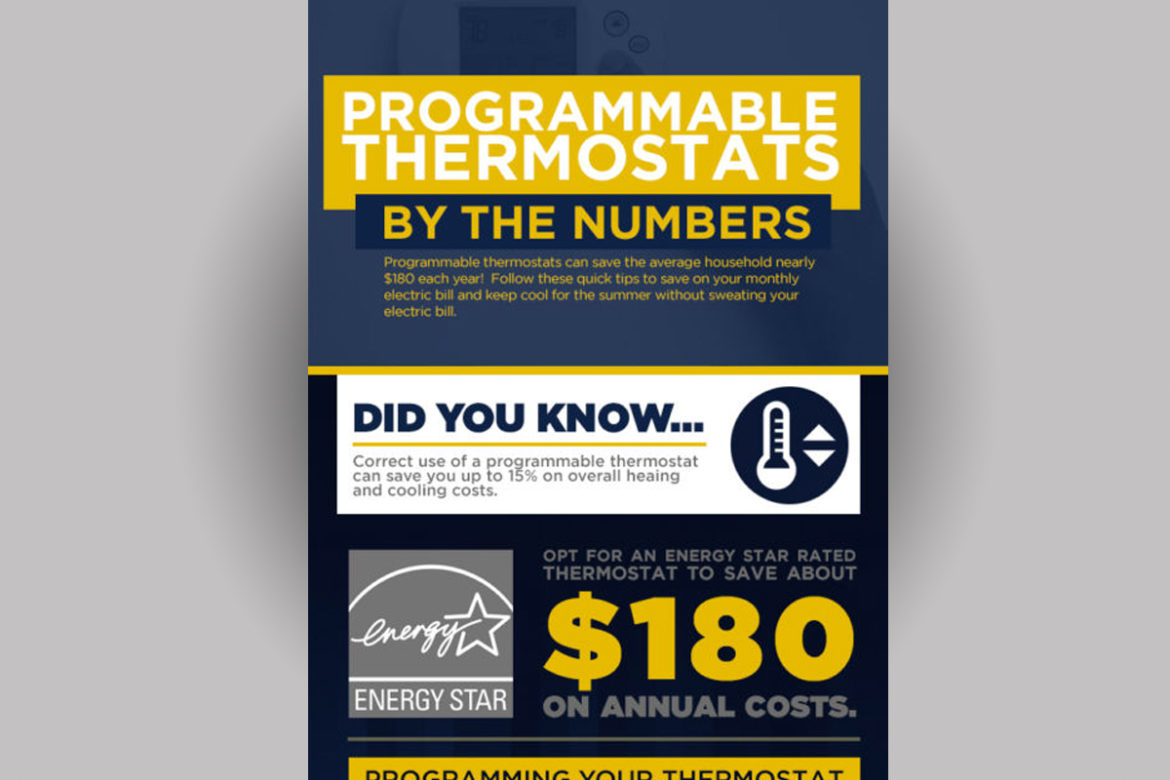The Future Of Home Heating - Exactly How Heat Pump Innovation Is Progressing
The Future Of Home Heating - Exactly How Heat Pump Innovation Is Progressing
Blog Article
Author-Baker Byrne
Heat pumps will certainly be an essential modern technology for decarbonising heating. In a circumstance consistent with governments' introduced power and climate commitments, their international capacity increases by 2030, while their share in heating rises to one-quarter.
They work best in well-insulated homes and depend on electrical energy, which can be provided from an eco-friendly power grid. Technological developments are making them a lot more reliable, smarter and cheaper.
Gas Cells
Heatpump use a compressor, cooling agent, coils and followers to move the air and warmth in homes and appliances. They can be powered by solar energy or electricity from the grid. They have actually been gaining popularity as a result of their low cost, silent procedure and the ability to generate electrical power throughout peak power need.
Some business, like IdaTech and BG MicroGen, are working on gas cells for home heating. These microgenerators can change a gas boiler and create a few of a home's electrical demands with a link to the electrical power grid for the rest.
However there are reasons to be skeptical of using hydrogen for home heating, Rosenow states. It would be pricey and inefficient compared to other modern technologies, and it would include in carbon discharges.
Smart and Connected Technologies
Smart home innovation enables home owners to attach and regulate their devices remotely with making use of smartphone apps. For instance, smart thermostats can learn your home heating choices and immediately adapt to optimize power usage. Smart lighting systems can be controlled with voice commands and immediately turn off lights when you leave the area, lowering energy waste. And smart plugs can keep an eye on and handle your electrical usage, allowing you to recognize and restrict energy-hungry devices.
The tech-savvy house portrayed in Carina's meeting is a great image of exactly how owners reconfigure area heating methods in the light of brand-new smart home technologies. They rely on the devices' computerized functions to execute day-to-day changes and regard them as a practical ways of conducting their heating techniques. Because of this, they see no factor to adjust their practices additionally in order to allow versatility in their home power need, and interventions targeting at doing so might deal with resistance from these homes.
Electrical energy
Because heating up homes represent 13% of US exhausts, a button to cleaner choices could make a big difference. However the technology faces challenges: It's expensive and calls for extensive home restorations. And it's not constantly compatible with renewable energy resources, such as solar and wind.
Up until just recently, electric heat pumps were too pricey to compete with gas models in many markets. Yet new innovations in layout and products are making them extra budget friendly. And much better cool environment efficiency is enabling them to function well even in subzero temperature levels.
https://www.tapinto.net/towns/south-plainfield/sections/business-and-finance/articles/edison-heating-and-cooling-offers-summer-savings-tips following step in decarbonising heating may be using warm networks, which attract heat from a central source, such as a close-by river or sea inlet, and disperse it to a network of homes or structures. That would decrease carbon exhausts and enable families to make use of renewable energy, such as green power from a grid supplied by renewables. This option would certainly be less pricey than switching over to hydrogen, a nonrenewable fuel source that calls for brand-new framework and would just lower carbon dioxide exhausts by 5 percent if coupled with boosted home insulation.
Renewable Energy
As electricity rates go down, we're starting to see the exact same fad in home heating that has actually driven electric autos right into the mainstream-- but at an even quicker pace. go to the website for electrifying homes has actually been pressed further by brand-new study.
Renewables account for a substantial share of contemporary warm usage, yet have actually been provided limited plan attention globally contrasted to various other end-use industries-- and also much less interest than electricity has. Partially, this reflects a mix of consumer inertia, split rewards and, in many countries, aids for fossil fuels.
New technologies could make the shift easier. For example, heatpump can be made a lot more power efficient by replacing old R-22 refrigerants with brand-new ones that don't have the high GWPs of their predecessors. Some experts additionally picture district systems that draw heat from a close-by river or sea inlet, like a Norwegian arm. The cozy water can then be used for heating & cooling in an area.